Why I believe in character education
Why I believe in character education.
by Principal, Lisa Kerr.
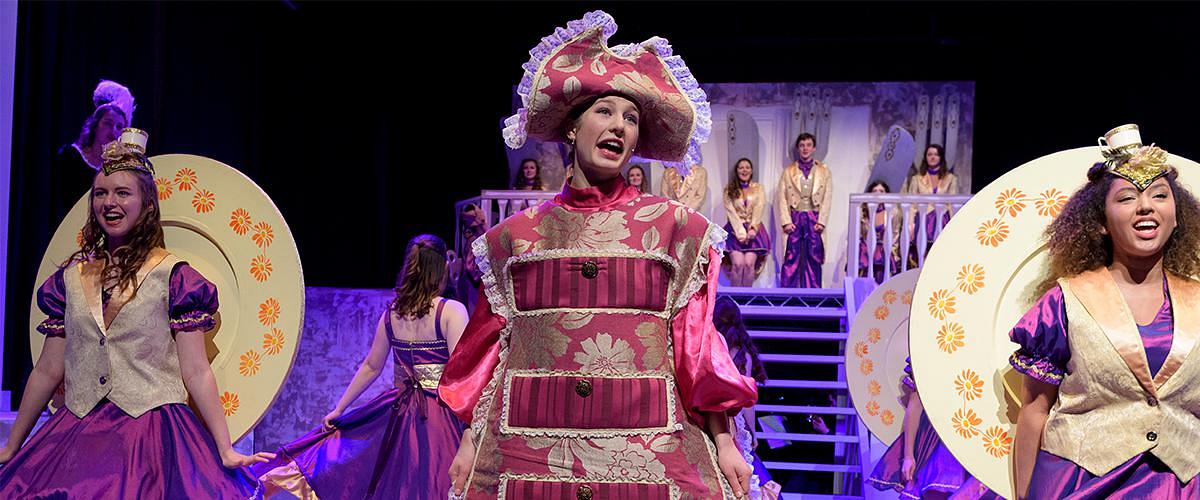
I am writing this in the Arctic aboard Gordonstoun’s 80ft training yacht, Ocean Spirit of Moray. I am tired: I was on watch until midnight, again from 0400 to 0600 this morning, and then was up making breakfast for our crew of 20 at 7am. I am learning to navigate the icy waters of the Svalbard archipelago, I must “heave” the sail when our 17 year old watch leader calls “two six”; there are winches to be wound, ropes to be coiled, and decks to be scrubbed. I wash up, I clean toilets, and I haven’t showered for a week. But we are in the Arctic! There are glaciers, abandoned mining towns, whales, polar bears, reindeer, walruses, and a lot of puffins. This is a remarkable experience. As well as being incredibly hard work, it is a huge amount of fun.
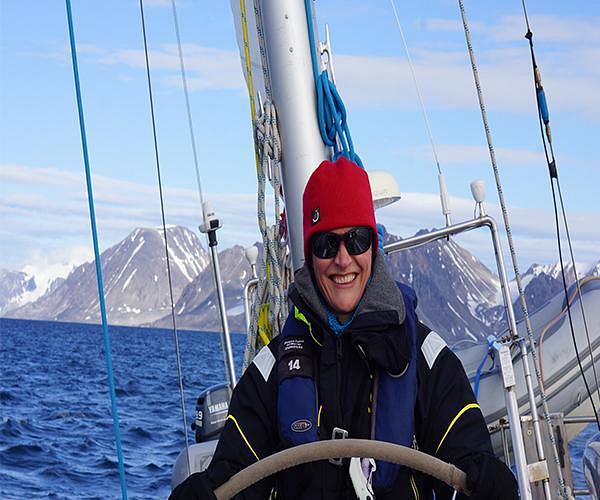
This is the experience of every Gordonstoun student - past, present and future - whose curriculum incudes Sail Training aboard this magnificent boat. Admittedly it’s normally off the West Coast of Scotland, but the same lessons are learned: team work, confidence, resilience. The Gordonstoun philosophy has always been that broader experiences help create broader minds.
In spite of the lure of local polar bears, results day looms large. Over supper, the students, like thousands up and down the country, have their exams results on their minds. They know that they are key to securing their places to study maths at Cambridge or naval architecture at Southampton.
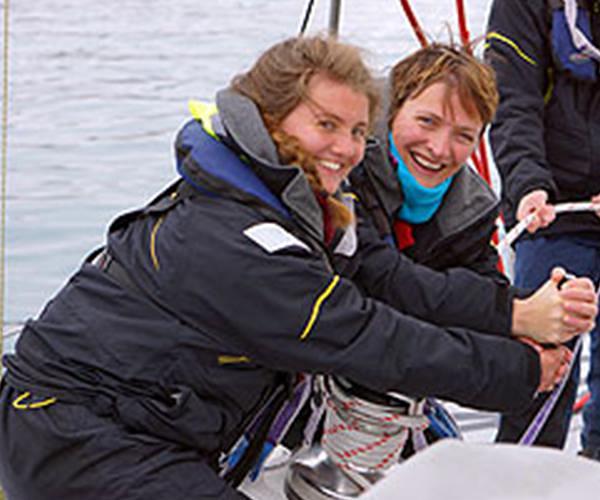
But what I know, having worked in business sectors from media to property, technology to transport, is that my crew mates are exactly the types of young people I would want to employ, regardless of whether they secure their three As, or even the subsequent Russell-group degree. More importantly perhaps, they’re the kind of people that I believe the world needs: resilient, tolerant, and compassionate. They know when to lead, and when to follow the leadership of others. They are comfortable in their own skin. There is not a hint of arrogance about them.
It is easy to measure an ability to recount facts, to regurgitate information, and to apply learned processes. But computers can do all those things. So whilst we argue about the merits of linear versus modular qualifications, I wonder why we are not spending more time asking ourselves “how do we measure what really matters?”. And what really matters in life is character. As Dr Eve Poole writes in her book, Leadersmithing, “when we meet virtuous people, people of ‘good character’, there is something durable and reliable about them. Their values are the core of their being. They cannot avoid being virtuous, it is somehow in their DNA.’”
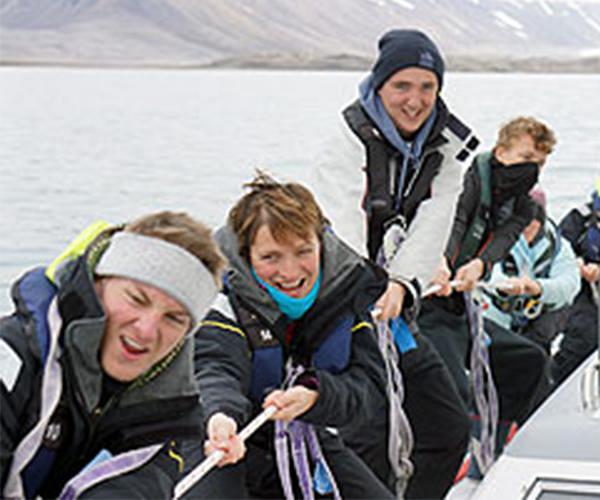
Gordonstoun has, for more than eighty years, been leading the way in character education. We’re famous as the home of Outward Bound and the Duke of Edinburgh’s Award, but we still have yet to win the argument. I think this is because, along with the rest of the sector, we have yet to hit upon compelling ways to measure it. The expansion in further education has done many good things, but it has also turned admissions into a factory process, where algorithms rather than inter-personal assessment decide whether a young person is worthy of a place.
Today, employers have lost faith in this type of assessment. When Jayne Anne Gadhia, CEO of Virgin Money was asked, on BBC Radio 4’s Desert Island Discs, whether she recruits on the basis of a good degree, good exam result or character, she replied: “Character first every time and I do think that attitude and temperament are the absolute key. I am the mother of a 15 year old and I hope she does well in her exams, but it is not the be all and end all of everything.” But in education we still tell young people that the route to their future is determined by grades, so there will be many young people for whom results day feels like a set-back. But for Gordonstoun, academic grades are just one of the many ways we measure success.
Last year Gordonstoun commissioned the University of Edinburgh to investigate the value of Gordonstoun’s out of classroom curriculum. The research, which involved speaking to over 1,000 former pupils, will be published later this year. One conclusion was that “The expectation that all students engage in a range of challenging situations and the importance of authentic opportunities for responsibility are identified as two particularly critical elements which have lasting influences on students”. A full 94% of those surveyed felt that it was the out-of-classroom offer that had a positive impact on their personal growth and development. Of course grades can help in the short-term, but character education is what endures long after that first degree or first job.
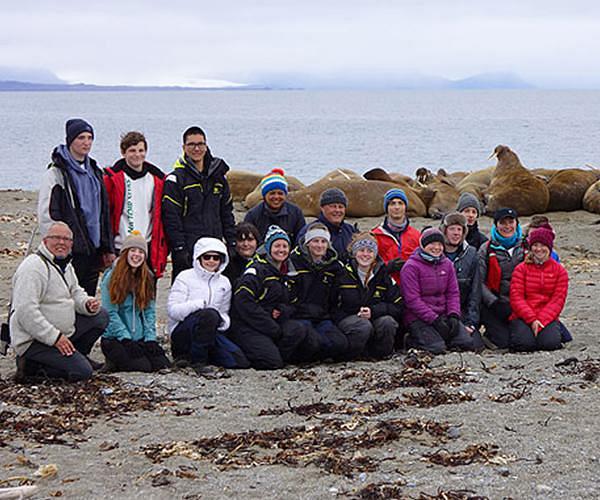
Neither are grades and character mutually exclusive. When students come aboard Ocean Spirit, the captain welcomes them to “one of Gordonstoun’s many classrooms”. In the last seven days my on-board syllabus has included maths, meteorology, engineering, geography, food science, history, and psychology; and that’s an intensive inter-disciplinary syllabus that any exam board should be proud of.